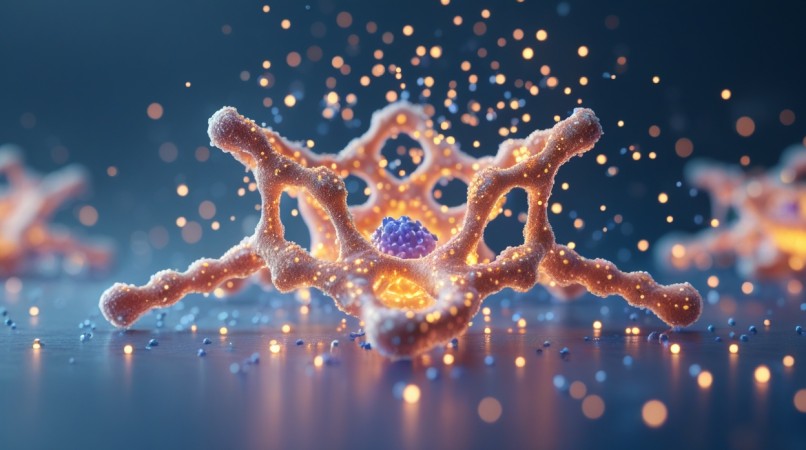
Google DeepMind, in collaboration with its sister company Isomorphic Labs, has unveiled AlphaFold 3, a revolutionary artificial intelligence model that promises to transform our understanding of the building blocks of life. This groundbreaking system represents a quantum leap beyond its predecessor, AlphaFold 2, which itself was a landmark achievement for accurately predicting the 3D structures of proteins. AlphaFold 3's monumental advance lies in its ability to predict the intricate structure and interactions of nearly all of life's molecules—not just proteins, but also DNA, RNA, ligands, ions, and post-translational modifications.
The model operates as a "computational microscope," providing scientists with an unprecedented view of biological processes at the molecular and cellular level. By inputting a list of molecules, researchers can now see how they fit together in complex structures, revealing the precise mechanisms that underpin health and disease. This capability has profound implications for drug discovery and therapeutic development. For instance, it can accurately predict how a potential drug molecule (a ligand) will bind to a target protein in the human body, a process that is fundamental to designing new medicines and which traditionally requires expensive and time-consuming experimental methods.
Beyond pharmaceuticals, AlphaFold 3 is set to accelerate innovation across biology, from genomics and agriculture to the development of biodegradable enzymes. It demystifies the incredibly complex dance of life's molecules, opening new frontiers for scientific exploration. By making this tool freely accessible via the AlphaFold Server for non-commercial use, Google DeepMind is empowering researchers worldwide to perform experiments in silico that were once only possible in a lab, potentially shortening the timeline for critical discoveries and ushering in a new era of digital biology.